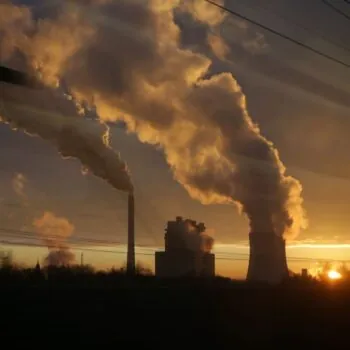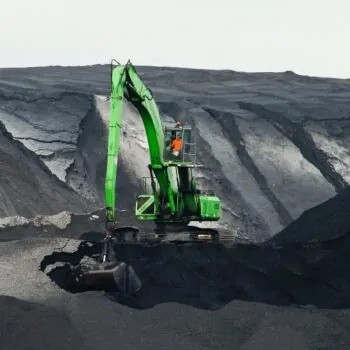Today, Swedish government-owned utility Vattenfall signed a deal to sell its lignite assets in Eastern Germany to Czech energy company EPH and its financial partner PPF Investments.
Vattenfall's lignite portfolio, which in 2014 had been valued at €2 to 4 billion, has now been sold for a “symbolic price” according to German daily Handelsblatt. In addition, Vattenfall will transfer €1.7 billion to EPH to cover the follow-up costs of lignite mining. The Swedish government is now considering whether to sign off on the deal.
Responding to the news, Sabrina Schulz, E3G’s Head of Office in Berlin, said:
The Swedish Government wants to deliver on the Paris Agreement on climate change, but it must come clean on its coal responsibilities. Selling Vattenfall's lignite assets to a privately owned company that aims to prolong their polluting lifetimes undermines Sweden's climate credibility.
In delivering on the decarbonisation commitments made in Paris, the biggest challenge for the coming decades will be to responsibly manage the transition out of coal. A managed and fair transition is in the interest of the workforce and the affected regions, which need to develop models for an alternative economic base. This is especially important in Lusatia, where Vattenfall's lignite mines and power plants are located.
Sabrina Schulz added:
We need to see a managed phase-out of coal that takes the needs of workers and the affected region seriously. The Swedish Government must deliver on its climate commitments and social obligations by providing a clear phase out plan. It should refuse to accept this bad deal.
As a 'responsible' company owned by the Swedish state, Vattenfall understands these concerns. It would therefore be preferable for the company to stay invested in the region and actively shape the coal phase out transition. Prior to the conclusion of the Vattenfall-EPH deal, an alternative proposal had been made to create a foundation (backed by Vattenfall and the German state), to achieve an orderly lignite phase-out in line with climate objectives. Such a model would establish long-term planning security for all actors as well as ensuring that workers are compensated and environmental liabilities are paid in full. This would be a much better solution both for Lusatia and the climate.
With the current solution, there is a real risk that the ultimate liabilities such as for reclamation of the land, might end up with the state and hence the taxpayer. Such a move would also undermine all ongoing initiatives in Lusatia to prepare for a post-coal future. Lusatia needs an investor that acts responsibly – both on climate policy and on workers’ rights and needs.


